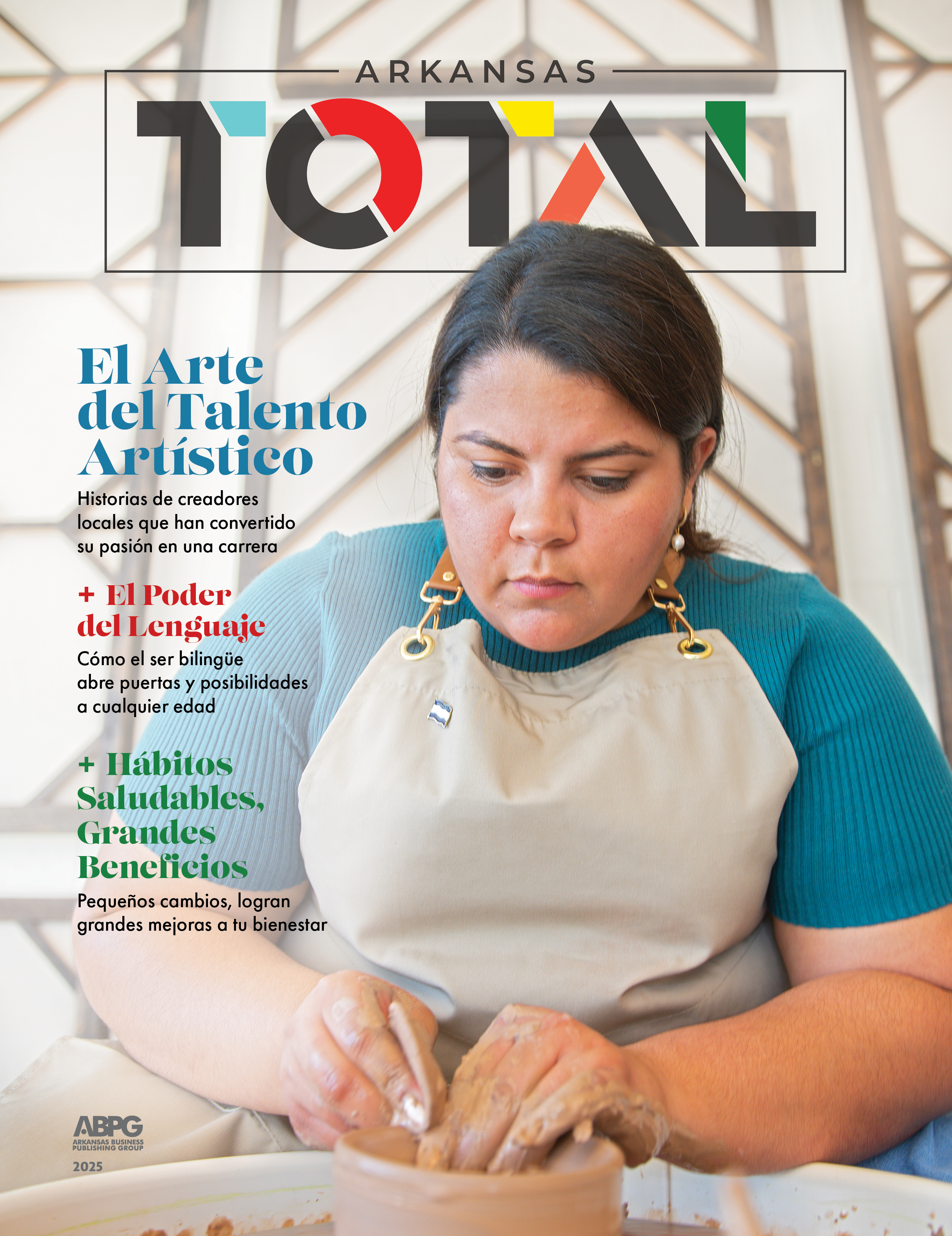Success Awaits Minority-Owned Businesses

También puedes leer este artículo en español, Adelante Mujer, Abre tu Empresa.
Starting a business should be a women's thing.
“When women do well in business, the family and the community do well,” says Esperanza Massana-Crane, Director of the Minority and Women-Owned Business Enterprise Division at the Arkansas Economic Development Commission (AEDC).
The organization led by Massana-Crane helps businesses owned by women, minority groups and disabled veterans.
Among its functions is to certify to the state that the owners of the companies are members of those three groups. This helps them to get contracts with the state and apply for loan programs.
Other services are keeping statistics and making connections with services and companies.
The obstacles faced by women and minority business owners are especially big. Massana-Crane says that "access to capital is always the most difficult part." Other problems are the complexity of the American legal system for new entrepreneurs.
"There are many organizations that do good things, but it is complex and people do not know where to start, how to obtain adequate information with the appropriate entities, and for Hispanics there is the part of the language barrier that is intimidating,” Massana-Crane, says.
For a small business to grow they must find a niche, do studies and marketing plans, structure the business and develop the implementation of the idea, she says.
How to Start?
First, have a secure source of income and start small by creating a side business, recommends Massana-Crane.
She recommends reaching out to aid organizations, including chambers of commerce. They offer financial services to low-income communities and can provide small loans, resource lists and training.
Also, it may be necessary to find professionals to help with Health Department requirements, tax issues and determining operating expenses.
Massana-Crane highlights that family support runs deep in the Latino community and that boosts morale.
Massana-Crane, a native of El Salvador, came to Arkansas in 1998 to study international business and marketing at Harding University with the help of a Walton scholarship. She is currently married and has a 2-year-old son named Sebastian.
She believes in the importance of promoting minority and women businesses. Her mother raised three children.
In addition, the success of minority-owned businesses helps revitalize inner-city neighborhoods. “If they grow up, the situation of families and children will improve. It helps to break cycles of poverty," Massana-Crane said, “the development of commerce is how cities grow. We must have the vision of wanting to grow."
“There are opportunities in Arkansas, reach out to people you admire, a friend, a mentor. Creating a mentor circle is very important,” she said.

